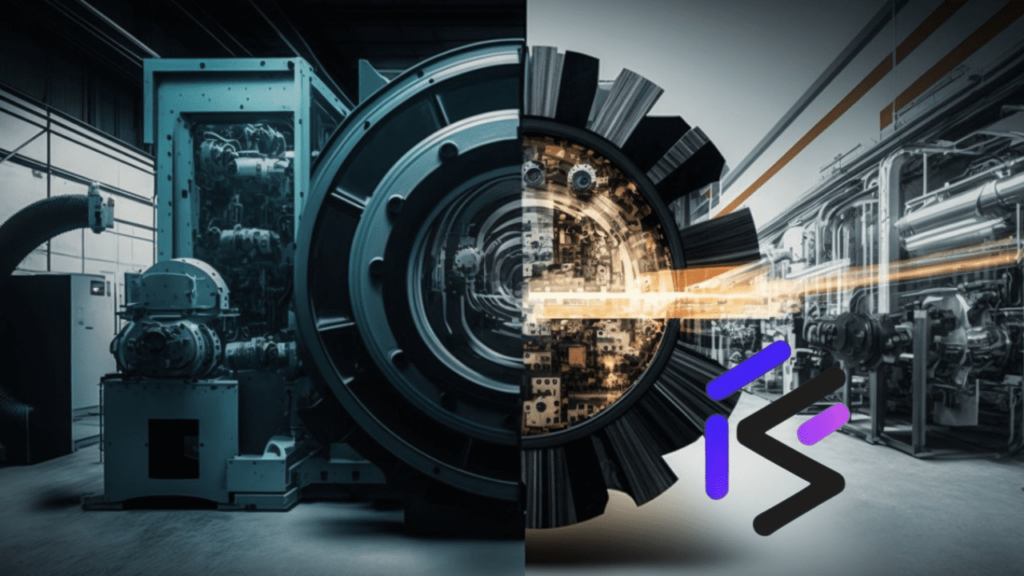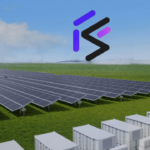Table of Contents:
- The Evolution of Industrial Manufacturing
- Cutting-Edge Technologies Transforming Manufacturing
- Overcoming Challenges in Modern Manufacturing
- The Impact of Automation on Industrial Manufacturing
- Sustainability in Manufacturing: More Than a Trend
- Navigating Global Supply Chains
- The Role of Data Analytics in Manufacturing
- The Promise of Personalized Manufacturing
- Staying Competitive in a Changing World
- The Future Workforce of Manufacturing
Key Takeaways:
- Industrial manufacturing is leveraging modern technologies to evolve and meet current market demands.
- Challenges such as supply chain complexities and skills shortages are being addressed through innovation and strategic planning.
- Sustainable practices and automation are becoming integral components of industrial manufacturing’s shaping the industry’s present and future.
- Data analytics is transforming decision-making processes, while personalization is now a consumer expectation that manufacturers are adapting to meet efficiently.
- The future of manufacturing’s depends on a skilled and agile workforce ready to embrace technological advancements for continued growth.
The Evolution of Industrial Manufacturing
The face of industrial manufacturing has transformed dramatically with the march of innovation and technology. Throughout history, manufacturing has experienced a series of shifts, from manual craftwork to mass production to a more digital and sustainable approach. Today’s industries seek to drive efficiency and adaptability by adopting sophisticated industrial manufacturing software. By utilizing these digital tools, companies refine the production process and engage in more intelligent product development and supply chain management. The manufacturing’s landscape continues to evolve rapidly, and those who need to keep up risk falling behind in a highly competitive global economy.
Cutting-Edge Technologies Transforming Manufacturing
Industrial manufacturing software has entered a new era of advancement with significant contributions from cutting-edge technologies. The Internet of Things (IoT) allows interconnected devices to communicate and operate independently, creating more integrated and responsive manufacturing’s environments. Machine learning and AI algorithms analyze data to optimize operations, predict maintenance needs, and enhance quality control. Robotic automation is another frontier in this domain, offering precision and efficiency unattainable by human labor.
Overcoming Challenges in Modern Manufacturing
Although businesses harness new technologies, they must navigate numerous challenges in modern manufacturing. One such challenge is the vulnerability of supply chains, as recently evidenced by global disruptions. Another pressing issue is the skills gap, where the demand for technologically proficient workers outpaces the supply. Manufacturers, educational institutions, and policymakers must collaborate to cultivate a new generation of skilled labor. It could involve revamping educational curricula to include more STEM-focused training and implementing workforce development programs that prepare individuals for the realities of modern manufacturing.
The Impact of Automation in Industrial Manufacturing
Automation has brought about a paradigm shift in industrial manufacturing. It harbors the potential for vast productivity improvements and has already replaced specific repetitive and hazardous tasks previously performed by humans. However, this rise of automation also brings concerns about job displacement. To address this, industries are studying the impact of automation to create new employment avenues that focus on human ingenuity and problem-solving. Training and upskilling employees in operating, maintaining, and overseeing automated systems are becoming more prevalent. The potential benefits of embracing automation while supporting workforce development are highlighted by successful business stories.
Sustainability in Manufacturing: More Than a Trend
With a growing understanding of environmental impacts, sustainability is taking center stage in industrial manufacturing. Manufacturers are scrutinizing their carbon footprints, waste management, and energy use to develop more sustainable operations. Initiatives like reusing materials, recycling waste products, and using renewable energy are helping to align industrial practices with environmental standards. An emerging financial perspective also recognizes sustainable manufacturing’s as a means of achieving long-term profitability.
Navigating Global Supply Chains
As manufacturing has grown more globalized, managing supply chains has become more convoluted. Companies must confront the intricacies of a network that spans multiple countries and regulatory environments. These global supply chains are susceptible to risks, including geopolitical tensions and natural disasters. Consequently, some businesses are exploring more localized or regional supply chains to mitigate such vulnerabilities. By strengthening relationships with local suppliers and utilizing digital toolsets, manufacturers can gain greater control and transparency over their supply networks, potentially enhancing efficiency and resilience.
The Role of Data Analytics in Manufacturing
Data has become a cornerstone of decision-making in manufacturing. Manufacturers can gain deep insights into every aspect of their operations with sophisticated data analytics tools. It includes optimizing resource allocation, predicting market demand, and guiding product design to match customer preferences. Manufacturers increasingly use data to perform predictive maintenance on equipment, minimizing downtime and extending machinery lifespan. Successfully integrating analytics requires not just technology but also a skilled workforce capable of interpreting and acting on the insights derived from data.
The Promise of Personalized Manufacturing
Consumer demand for personalized products has risen sharply, and industrial manufacturing must adapt to meet this expectation. Customized products are becoming more feasible with technological advances such as 3D printing and modular design without sacrificing economies of scale. This shift towards personalization has been fueled by digital platforms that allow customers to specify their preferences at the point of sale. Embracing these technologies and approaches will enable manufacturers to stay relevant in a market where personalization is increasingly the norm.
Staying Competitive in a Changing World
In an industry characterized by constant change, the capacity for adaptability keeps manufacturers competitive. Companies must stay abreast of technological advancements, regulatory changes, and shifting consumer trends. Innovation is not optional—it’s the lifeline of the manufacturing’s sector. Cultivating a workplace culture that values curiosity, innovation, and a willingness to evolve is essential. Manufacturers that maintain a forward-thinking mindset and efficient, flexible operations will thrive.
The Future Workforce of Manufacturing
The workforce that will navigate the future of manufacturing must be equipped with diverse skills beyond traditional labor-intensive work. Future workers will need to be proficient in digital literacy and problem-solving and able to collaborate across various technological platforms. Educational systems and organizations must work together to create pathways for skill development. Preparing the workforce for future challenges and opportunities requires fostering a culture of lifelong learning through hands-on experience.


